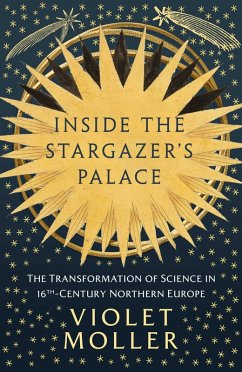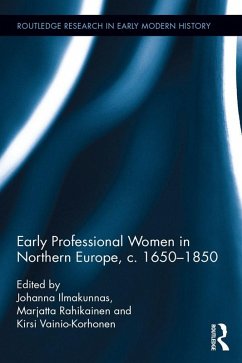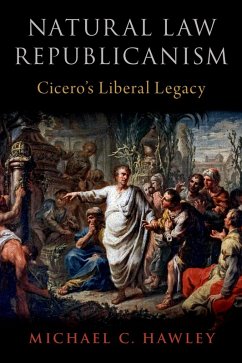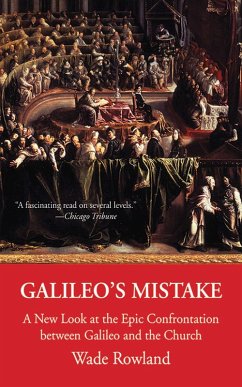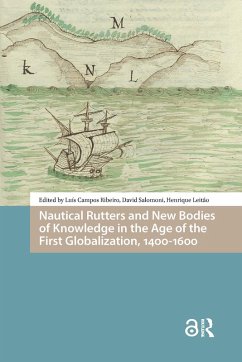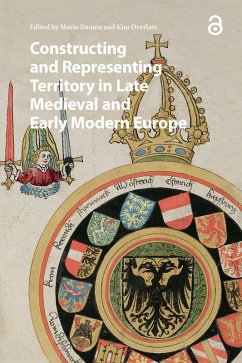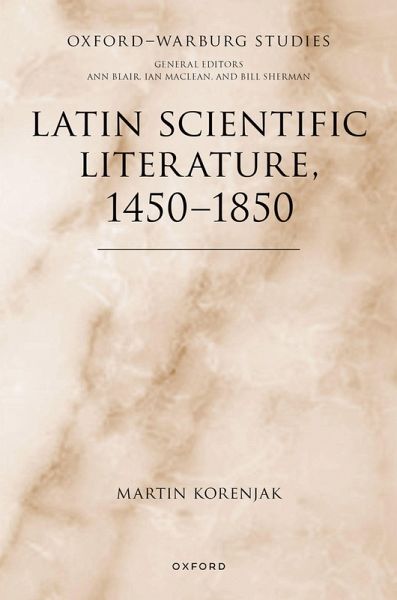
Latin Scientific Literature, 1450-1850 (eBook, ePUB)
Versandkostenfrei!
Sofort per Download lieferbar
82,95 €
inkl. MwSt.
Weitere Ausgaben:

PAYBACK Punkte
41 °P sammeln!
During the early modern period, the emergence of what ultimately became modern science took place mainly in Latin, the international language of educated discourse of the era. Hundreds of thousands of scientific texts were published in Latin from the invention of print around 1450 to the demise of Latin as a language of science around 1850. Despite its importance, our knowledge of this literature is extremely limited. This book aims to provide an overview of this area, the first ever to be written. It does so, not from the perspective of a natural scientist or a historian of science, but of a ...
During the early modern period, the emergence of what ultimately became modern science took place mainly in Latin, the international language of educated discourse of the era. Hundreds of thousands of scientific texts were published in Latin from the invention of print around 1450 to the demise of Latin as a language of science around 1850. Despite its importance, our knowledge of this literature is extremely limited. This book aims to provide an overview of this area, the first ever to be written. It does so, not from the perspective of a natural scientist or a historian of science, but of a literary scholar. Instead of the scientific content or methodology of the respective works, it focusses on the genres of scientific literature and their communicative functions. Latin Scientific Literature, 1450-1850 falls into two main parts. The first part ('Contexts') introduces four aspects of early modern intellectual culture which are crucial for an understanding of the scientific literature of the time: the development of science, the role of Latin, the concept of literature, and the rise of print. Part two ('Texts'), offers an overview of Neo-Latin scientific literature. Subsumed under five communicative functions - disclosing sources, presenting facts, arguing for certain positions, summarizing knowledge, and publicizing science - twenty pertinent genres are discussed.
Dieser Download kann aus rechtlichen Gründen nur mit Rechnungsadresse in A, B, BG, CY, CZ, D, DK, EW, E, FIN, F, GR, HR, H, IRL, I, LT, L, LR, M, NL, PL, P, R, S, SLO, SK ausgeliefert werden.





